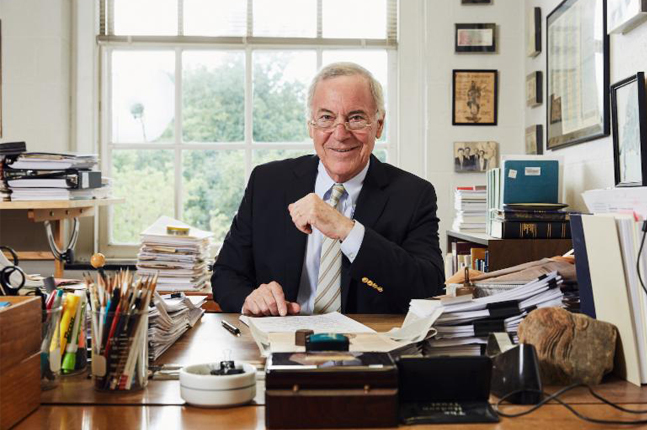
El Salvador towards economic collapse?
Hanke pointed this out in a recent tweet and shared his full opinion in a National Review article. The article titled "The Road to El Salvador's Currency Chaos and Economic Collapse" outlined why he thinks the policy led by President Nayib Bukele would spell doom for the Central American country.
The issues it raises with the law echo those of the World Bank, the International Monetary Fund (IMF) and the United States. The State Department has also noted earlier. The professor notes how all these organizations have issued warnings to the country about the implications their new law could have and how Nayib Bukele who pays them deaf could have repercussions.
In June, two IMF officials, Tobias Adrian Rhoda Weeks-Brown, said El Salvador's bitcoin law could introduce highly volatile commodity prices. They also highlighted the increased risk of cryptocurrency assets being used in contravention of anti-money laundering and terrorist financing laws.
Can you go on just with the US dollar?
The Financial Action Task Force (FATF), international money laundering and terrorist financing authorities, also share similar sentiments about the country's move. El Salvador previously had a clean record with the FATF. However, that could change if the Bitcoin law is implemented, as the regulatory body requires some Know Your Customer (KYC) standards for using digital currencies that El Salvador may not meet when their Bitcoin regulation is done.
Furthermore, the economist points to President Bukele's authoritarian inclination as another factor that has kept the policy in place. Hanke thinks the law is making Bitcoin a forced offer and imposing it on the country. For him, while Bukele has received recognition from the cryptocurrency community, Salvadorans seem to accept politics only because Bukele says so, and not on his merits. Hanke agrees with the World Bank's view, stating that the country's current legal tender, the US dollar, has worked and continues to work well.
Likewise, the article points out that, to top it all off, the market indicated the move was a mistake on El Salvador's part. In what can be seen as a market retreat, the country's stocks have dropped dramatically since the introduction of the law and their international ratings have also been downgraded.
"Markets tell us that Bukele's authoritarian tendencies and wild ideas about cryptocurrencies will lead to currency chaos and economic collapse," he says, adding that the consequence would be that the United States would see the influx of immigrants from another. failed Central American country.
